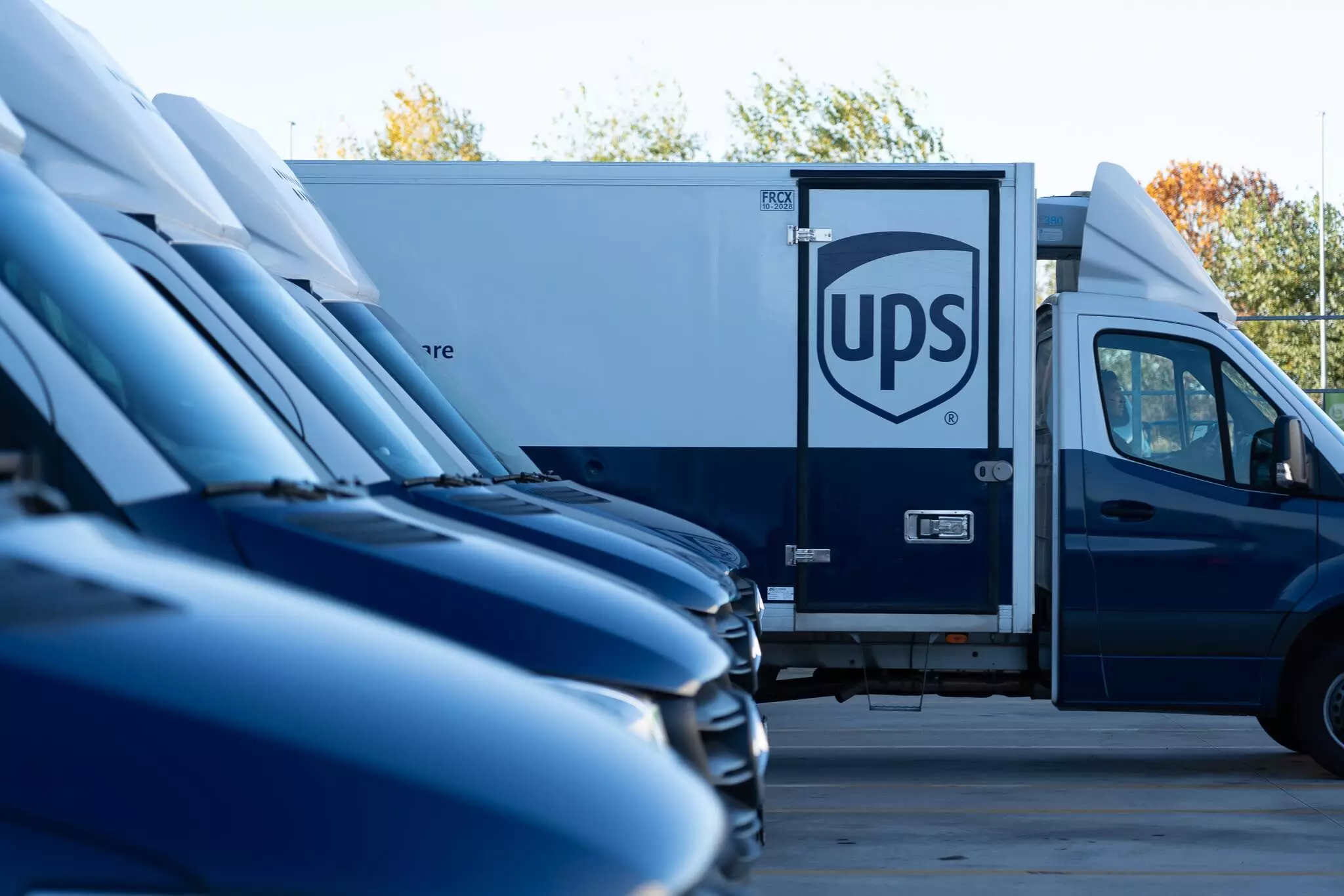
UPS Healthcare invests €20mn for temp-controlled fleet in Europe
To buy 200 vehicles for enhancing cold-chain capabilities in Italy, France, the Netherlands and Hungary

UPS Healthcare is investing more than €20 million in over 200 state-of-the-art, temperature-controlled vehicles to enhance its cold-chain capabilities in Italy, France, the Netherlands and Hungary.
"Cutting-edge biologics and specialty pharmaceuticals require precision cold-chain logistics to get patient-critical products where they need to be, on time, and at the right temperature. With 80 percent of pharmaceutical products in Europe currently needing temperature-controlled transportation, there is a greater need for cold-chain transport than ever before," says an official release.
Felipe Morgulis, President, Europe and LATAM, UPS Healthcare says: "“Whether it's small parcels or large pallets, our pan-European, end-to-end cold chain ground network is equipped to manage the most complex healthcare products. From transporting active ingredients or last-mile deliveries to hospitals, laboratories, pharmacies and patients, we provide control, adaptability and real-time monitoring to simplify the most time and temperature-sensitive supply chains.”
These new vehicles, set to upgrade and expand the current fleet, will add to UPS’s fleet of more than 1,100 cold chain vehicles – already the largest in the world, the release added. "Supporting long-haul and last-mile deliveries, the vehicles will help meet the growing needs of Europe’s healthcare industry across the entire region with the cold-chain market projected to reach $23.7 billion by 2030.
"The dual-temperature vehicles provide transportation between 2 to 8 degrees and 15 to 25 degrees Celsius, ensuring reliable and secure deliveries. This GDP-compliant service includes comprehensive vendor management and digital quality management systems, ensuring all customers’ quality requirements are met."
UPS Healthcare’s global network of healthcare-compliant distribution space topped 1.7 million square metres in 2023, more than doubling warehouse space compared to 2020, the release added.

